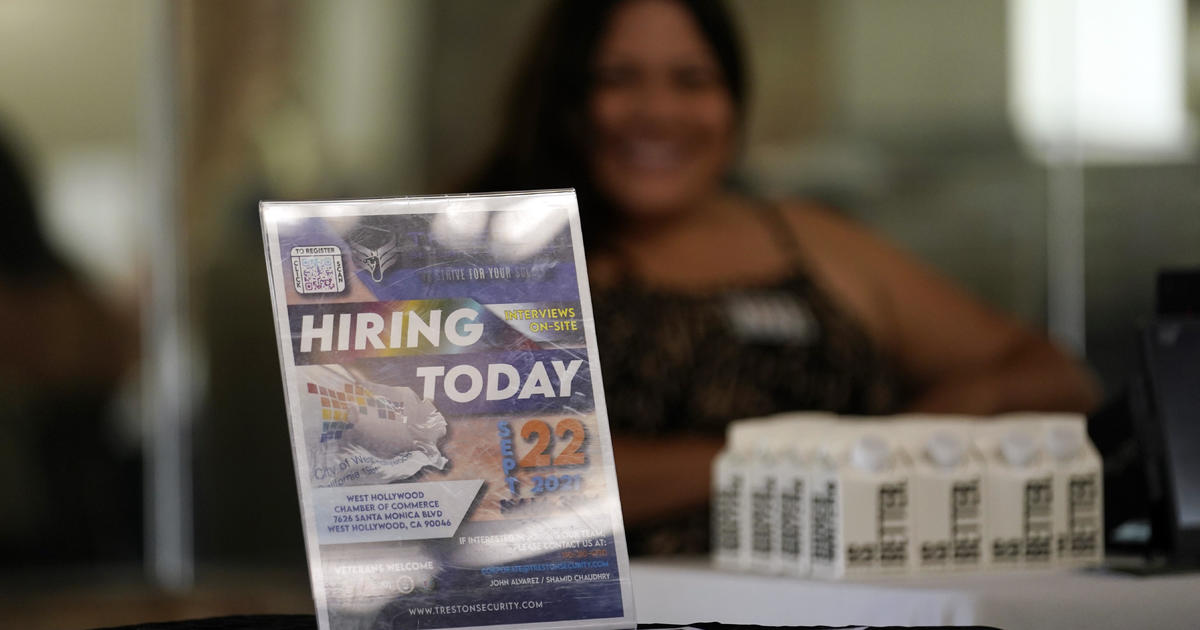Bill To Establish Time Limits For Rape Kits Goes To Governor
Follow CBSMIAMI.COM: Facebook | Twitter
TALLAHASSEE (NSF) – State lawmakers Wednesday gave final approval to a bill that would establish time limits for DNA testing in suspected rape cases, following revelations that thousands of evidence kits remain untested statewide.
The House unanimously passed the bill (SB 636), which was approved by the Senate last week and now goes to Gov. Rick Scott.
The bill would establish time limits for local law-enforcement agencies to submit sexual-assault evidence kits --- known as "rape kits" --- to the Florida Department of Law Enforcement for testing.
The agencies would have to submit the evidence within 30 days of the beginning of their investigations or after being notified by victims or victims' representatives that they wish the evidence to be tested. Forensic testing by FDLE's statewide crime lab would have to occur within 120 days of submission.
Testing DNA evidence could help law enforcement agencies catch rapists and prevent future rapes, but until now, Florida has not required kits to be submitted for testing. That decision has rested with local law-enforcement agencies.
House sponsor Janet Adkins, R-Fernandina Beach, Senate sponsor Lizbeth Benacquisto, R-Fort Myers, and Attorney General Pam Bondi have contended that setting time limits would solve old crimes and prevent new ones.
"These untested rape kits will go in a national database," Bondi said Wednesday. "Think of the potential for solving unsolved rapes and unsolved murders and other very serious crimes throughout the country."
Early this year, the FDLE reported that the state had more than 13,000 untested rape kits. The report came after Bondi in September called on lawmakers to increase funding for crime labs to address the testing backlog.
"It's momentous that across the board, people recognized that quick processing of these forensic exams is crucial to help and support victims of sexual assault," said Robin Hassler Thompson, a national expert on sexual violence and a member of the Florida Commission on Access to Civil Justice, referring to the bill's passage. "It's obviously crucial to the safety of our entire community."
In its report, FDLE found that kits were not tested for several reasons, including victims declining to proceed with investigations, state attorney's offices declining to prosecute and suspects pleading guilty.
Hassler Thompson noted that collecting evidence included in rape kits is a lengthy and difficult process, involving taking scrapings from under the fingernails and other parts of the body.
"The victim's body is a crime scene," she said. "It's very invasive, and a victim deciding to do that is taking a very big step after enduring one of the most horrific things a human being can endure."
Some victims do not wish to file police reports. In those situations, the evidence kits may be held by local law enforcement or by rape-crisis centers for periods of time in case victims change their minds. Kits are forwarded to laboratories for testing only if reports are filed and victims have consented to testing.
"The News Service of Florida's Margie Menzel contributed to this report."



